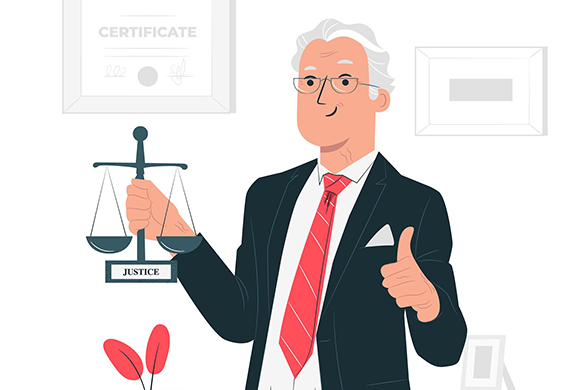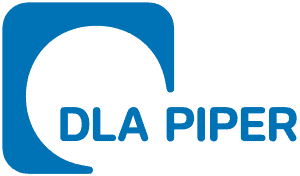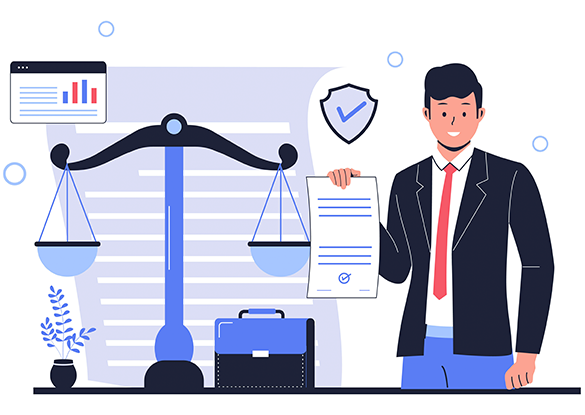Rosetta Translation specialises in providing accurate legal translations using only legal professionals as well as legal translators and proofreaders with professional qualifications in relevant fields.

Take advantage of our extensive experience in the translation of legal documents of all kinds. Our blend of experienced, skilled language professionals, industry experts, and project managers makes Rosetta the ideal legal translation services partner for even the most complex and specialist needs.
We also provide all types of legal interpreting services, including court interpreting.
For a free instant quote, please complete the form on the right or contact us at any of our local offices in London, Shanghai, New York, Paris or Luxembourg.
We are one of only a few translation agencies that have achieved both the prestigious ISO 9001:2008 certification as well as the DIN EN 15038 norm, the only norm specific to translation services. We are also a member of the ATC (Association of Translation Companies) in the UK as well as the ATA (American Translators Association) in the US. Our customers can therefore be completely assured of the top quality and consistency of our translations.


Rosetta is a regular supplier of translation services to all Magic Circle firms in the UK and 4 of the 5 largest US firms. Our status as preferred supplier with firms such as Clifford Chance, Stephenson Harwood and DAC Beachcroft demonstrates the trust our clients place in us.
We also provide legal translation services to a large number of corporates, and enjoy preferred supplier status with household names such as American Express, Sony, TUI and Unilever.








Our clients include the following well-known legal firms.

We maintain our rigorously high standards in legal translation by only assigning translation work to translators and proofreaders who will either have extensive experience working in the industry or will have undergone dedicated legal translation training. This specialisation means that terminology or constructions specific to legal documents will always be translated correctly.
In addition, we only use highly qualified legal translators who translate exclusively into their own native language, ensuring that the translations read like original documents.
This meticulous attention to linguistic and juristic detail has allowed us to develop strong long-term relationships both with major legal firms as well as the legal and contracts departments of a growing number of multinational corporations.
This is one of the questions we are most often asked, and it is unfortunate that these two expressions are so similar in English. The difference in meaning between them is huge.
“Legal translation” refers to the translation of legal documents, such as contracts, texts of law, regulations, etc. It should be carried out – as it always is at Rosetta – by translators with a legal background, and in many cases, specialist qualifications. “Legal” here therefore relates simply to the law.
“Legalised translation” is a translation that has been subject to a highly elaborate, multi-stage certification process, called “legalisation”. This latter is also commonly known as a “Hague apostille”, named after the Hague Convention that governs the conditions under which a document from one of the signatory countries can be accepted as valid in another.
As we have detailed on our dedicated certified translation page, the process is rather intricate. First the translator has to provide a translator’s certificate, confirming that it is indeed a true representation of the document in the target language. Then this signed certificate is taken to a notary, who certifies the translator’s signature, in a process known as notarisation. The final step is that the Foreign Office (or equivalent in other countries) certifies the notary’s signature. This is the actual ‘legalisation’ step.
As we explain in more detail on the contract translation page, a legal translation of a contract is not likely to be a valid contract in the country of the target language.
However, there are still excellent reasons for getting your contract legally translated, and one stands out that we witness on a regular basis.
In our Shanghai office, clients often come to us with the following situation: they are sourcing products in China, and their supplier has asked them to sign a local Chinese contract, and gave them an English translation of the contract, to allow them to know what it is they are signing.
The clients that contact us are obviously the ones that are not completely comfortable with this situation, and they are right to be vigilant. Why should they trust their supplier that the Chinese contract actually means the same as the English version? And if they don’t, which one will be followed?
The answer to that question is not straightforward, and depends on each jurisdiction, but in practice, you can expect a local court anywhere to at least give more weight to the contract in the local language. In China, if there are both a Chinese and an English version of a contract, arbitration panels or courts will generally rule that the Chinese version prevails.
Does it? Sure, that’s what the English version says, but are you sure the Chinese version means the same? We are coming back to the issue of the need for independent professional legal translation services.
We have had several situations with Chinese contracts, where the English translation did indeed say exactly that, but where the Chinese version said that in case if any discrepancy, the Chinese version would prevail.
We have also come across this exact scenario before, where our client’s local staff had confirmed that the Chinese contract and the English translation from the client were the same. These are opinions coming from local admin staff, though. Their main job is typically completely unrelated, their command of English is imperfect, and they have had no legal background.
Would they really spot the difference between the two versions having “equal legal effect” (as the English text says, and the far more non-committal “in case of discrepancy, both the Chinese version and the English version should be consulted”? In our experience, they wouldn’t, and they don’t.
The question of which version prevails is obviously only the start. The rest of the Chinese contract can then contain any number of unpleasant differences with the English translation that will hit the client as a complete surprise in case of a dispute: liability clauses, force majeure, warranty procedures, etc, can all be substantially different in the original and in the English translation. Even small differences can have a huge effect.
When the subject matter of the contract covers hugely valuable products or services, spending a small amount on a precise translation from independent translators, such as Rosetta Translation, is clearly the right thing to do.
We provide reliable professional legal translation services in London and around the world. Contact us by phone, email, or through our web form for more information. We will repy to you with a binding quote within the hour.






What is the UN French Language Day? On 20 March, we once again celebrate UN French Language Day, a global celebration of linguistic diversity and cultural exchange. Created by the United Nations in 2010, this day is to remind us …


© 2025 All Rights Reserved